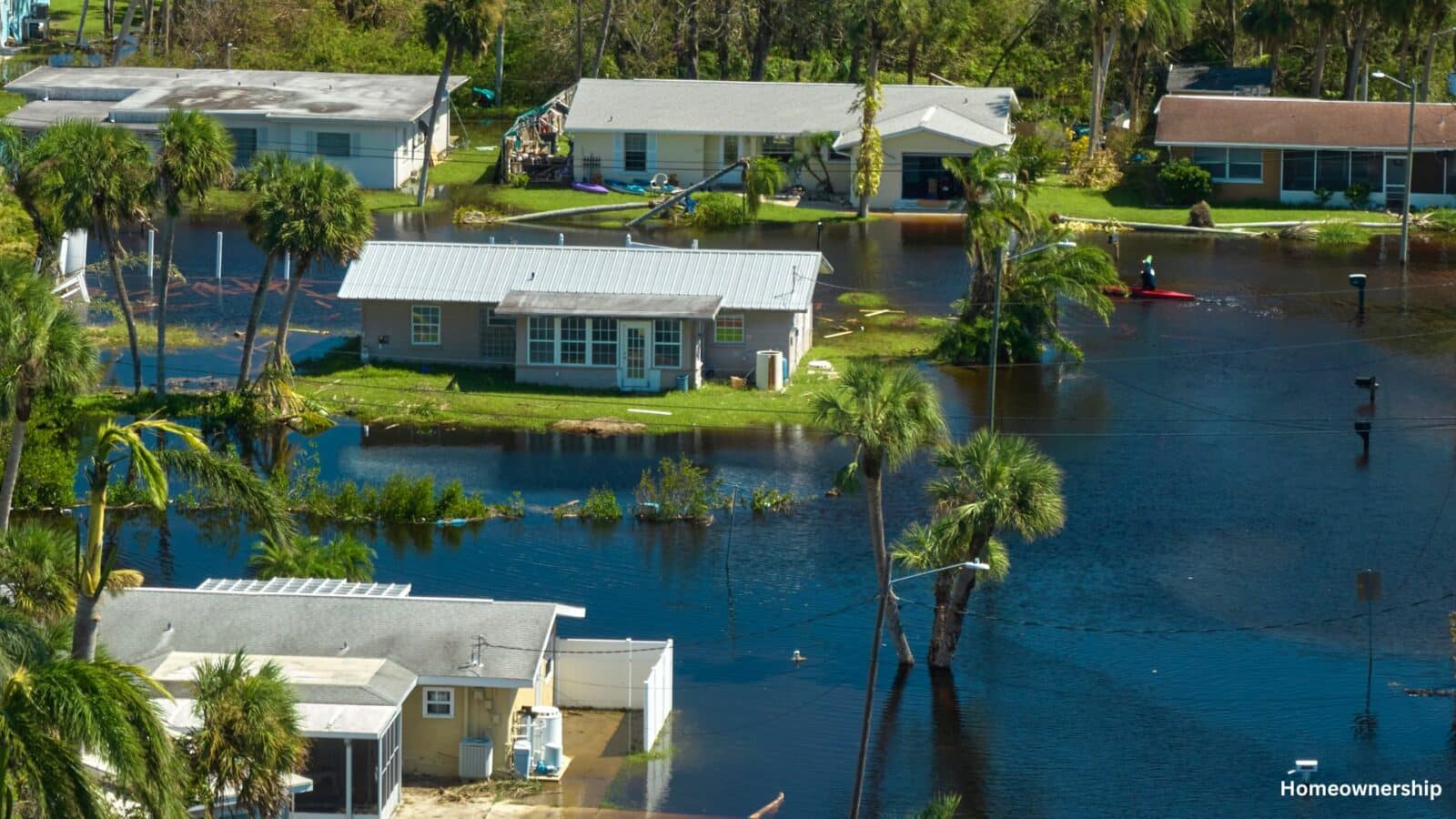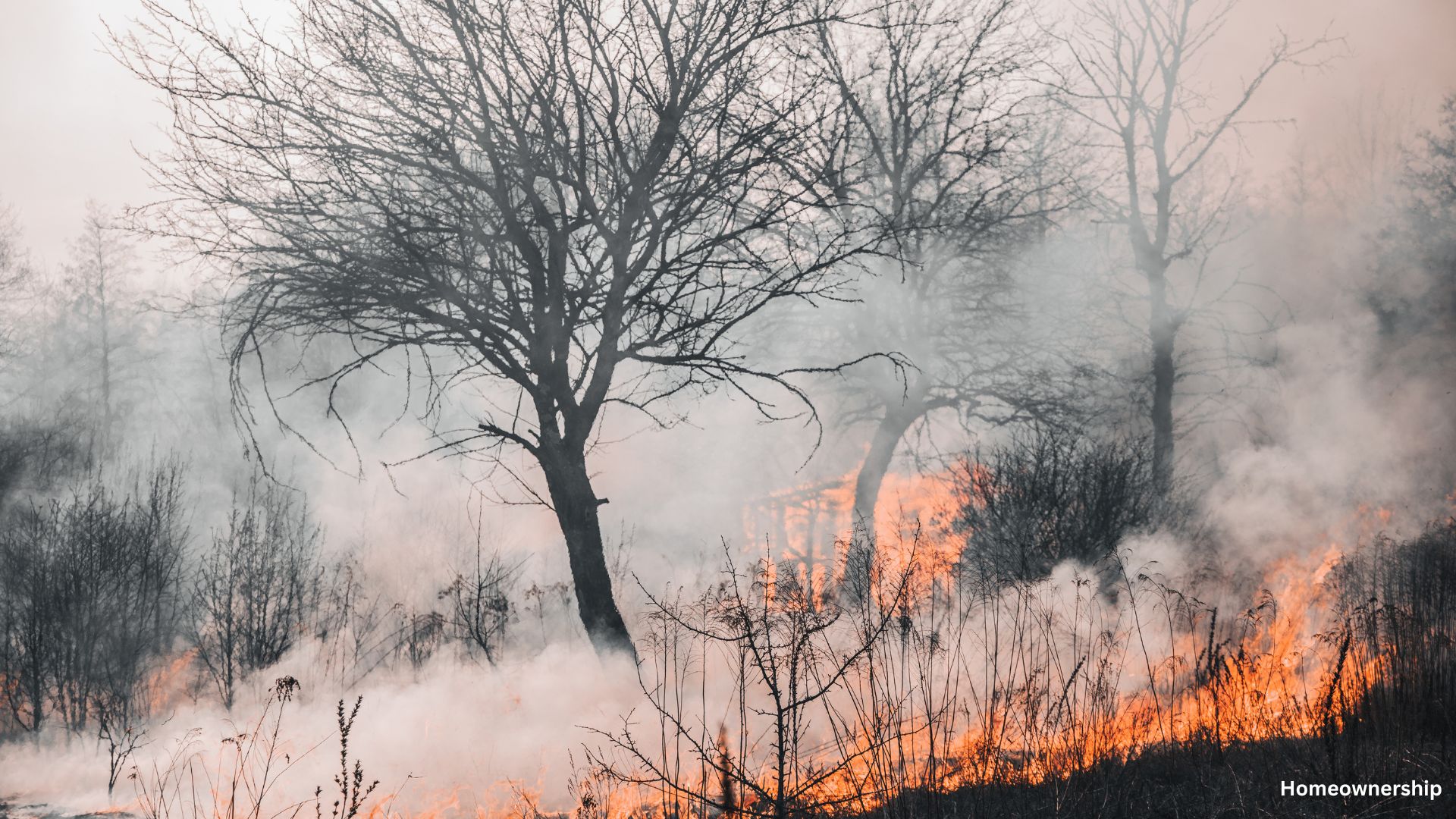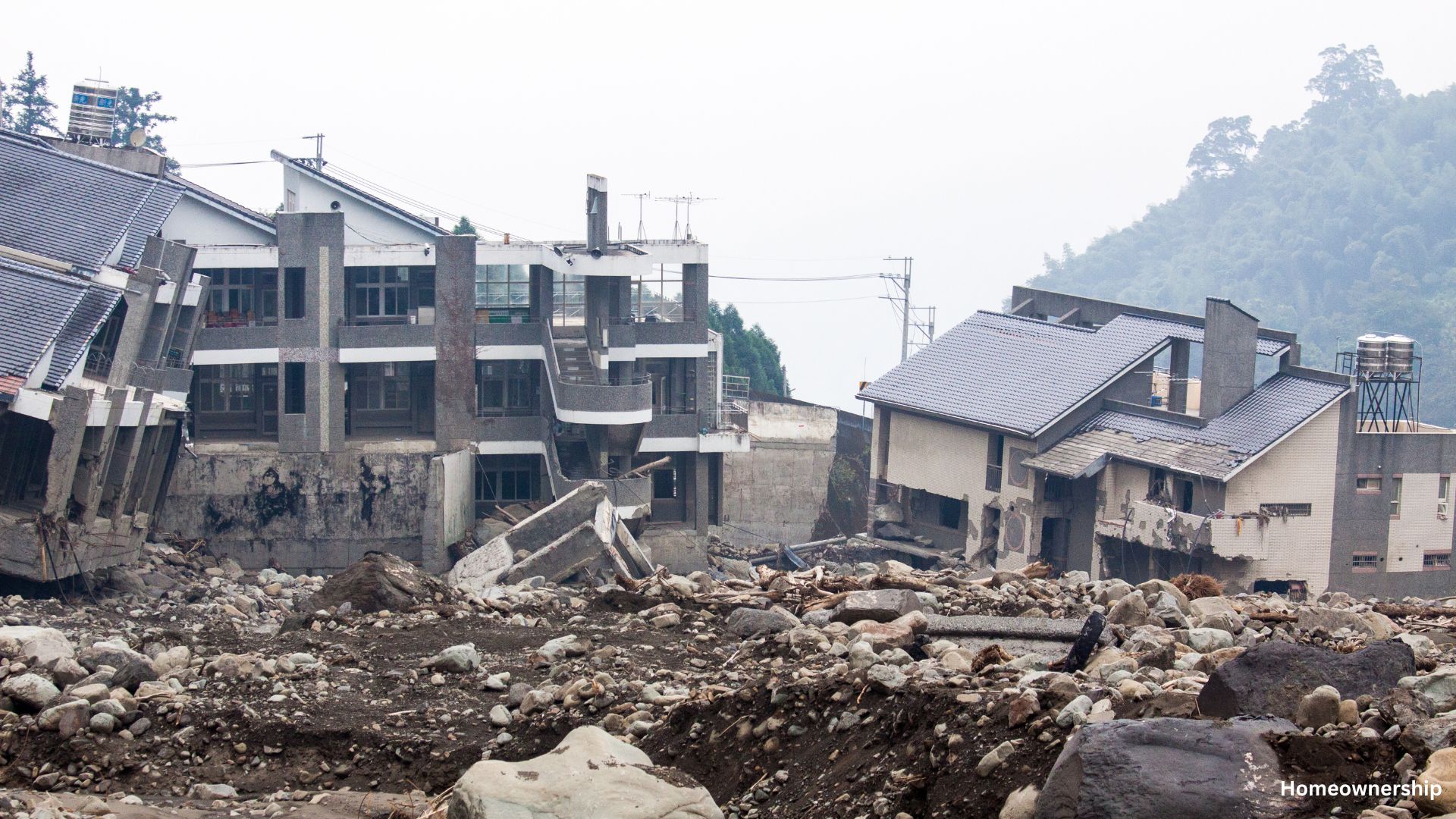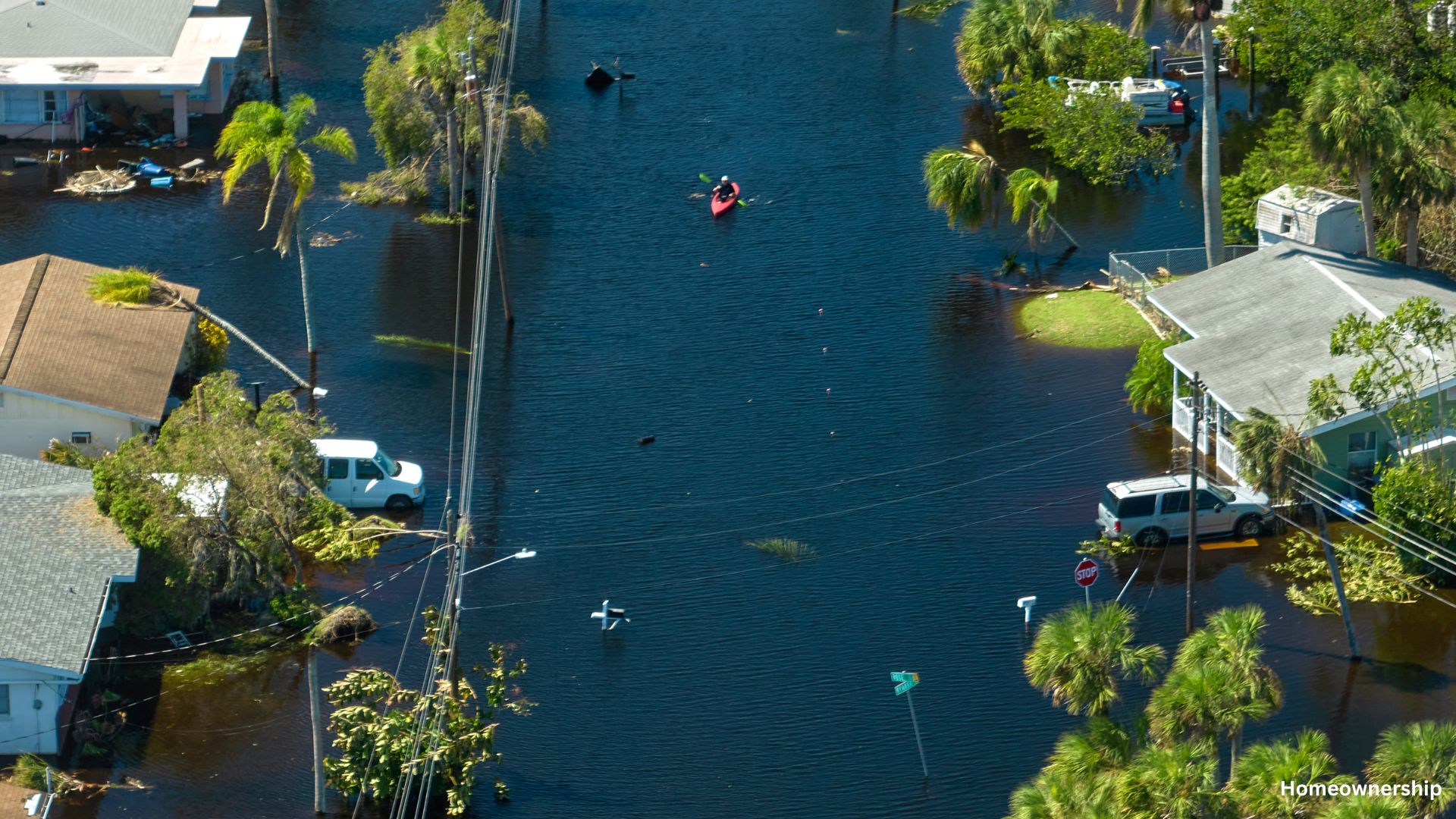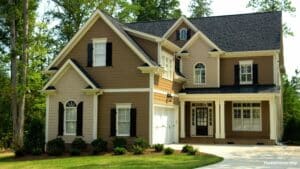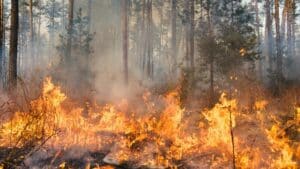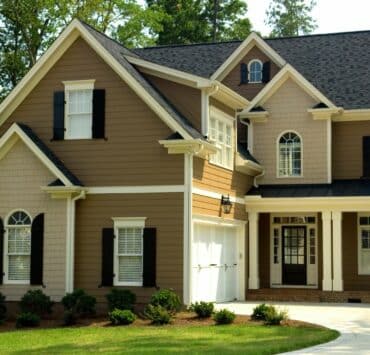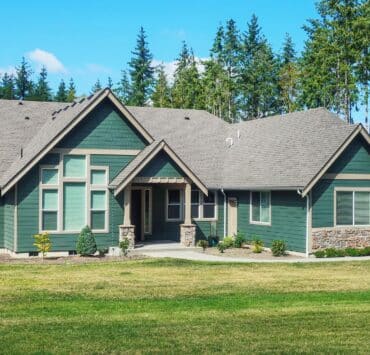When purchasing a home, it’s crucial to consider natural disaster risks. This article provides essential natural disaster tips to help home buyers make informed decisions.
Natural Disaster Tips for Home Buyers
Research Local Risks
- Understand the Area: Research the history of natural disasters in the area. Common risks include earthquakes, floods, hurricanes, tornadoes, and wildfires.
- Check Local Resources: Utilize local government resources, such as hazard maps and risk assessments, to understand potential threats.
Evaluate the Property’s Location
- Flood Zones: Check if the property is in a flood zone using FEMA’s Flood Map Service Center.
- Wildfire Risk: Assess the proximity to wildfire-prone areas, particularly in regions like California.
- Earthquake Fault Lines: Investigate the proximity to fault lines if the area is known for seismic activity.
- Hurricane Zones: In coastal areas, check the history and frequency of hurricanes.
Inspect the Home’s Construction
- Building Codes: Ensure the home complies with local building codes designed to mitigate natural disaster risks.
- Foundation and Structure: Have a structural engineer inspect the foundation and overall structural integrity, especially in earthquake-prone areas.
- Roofing and Windows: Check for hurricane-resistant windows and roofing materials in hurricane-prone regions.
Review Insurance Options
- Flood Insurance: Standard homeowner’s insurance typically does not cover flood damage. Consider purchasing flood insurance if in a flood-prone area.
- Earthquake Insurance: Evaluate the need for earthquake insurance, especially in seismically active regions.
- Wildfire Insurance: Verify coverage for wildfire damage if the area is prone to wildfires.
Understand Local Warning Systems
- Emergency Alerts: Familiarize yourself with local emergency alert systems for timely warnings.
- Evacuation Routes: Know the designated evacuation routes and plans in case of a natural disaster.
Consider the Landscape
- Slope Stability: Assess the risk of landslides if the property is on or near a slope.
- Defensible Space: In wildfire areas, ensure there is a defensible space around the property to reduce fire risk.
Evaluate Utilities and Infrastructure
- Water and Drainage Systems: Check for proper drainage systems to prevent flooding.
- Electrical Grid: Understand the reliability of the local electrical grid and its vulnerability to natural disasters.
Plan for Mitigation and Safety
- Safety Features: Consider installing safety features like storm shutters, sump pumps, and backup generators.
- Emergency Kit: Prepare an emergency kit with essentials in case of a natural disaster.
- Family Plan: Develop and practice a family emergency plan, including communication strategies and meeting points.
Community Resources and Support
- Community Preparedness Programs: Engage with local community preparedness programs and organizations.
- Neighbors: Talk to neighbors about their experiences and strategies for dealing with natural disasters.
Stay Informed
- Local News: Regularly follow local news and weather updates to stay informed about potential risks.
- Education: Attend workshops or seminars on disaster preparedness offered by local governments or organizations.
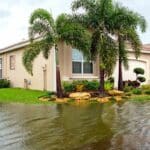
US Homes Climate Disaster Risk: A Growing Concern in 2024
Recent reports highlight a staggering reality: nearly half of the homes in the United States are at severe or extreme risk from climate disaster. Read more..
Following these natural disaster tips can help home buyers make informed decisions and protect their investments. Understanding climate risks, evaluating insurance costs, assessing property vulnerability, considering long-term implications, staying informed, preparing for increased maintenance costs, investigating community resilience, and exploring alternative locations are all essential steps in the home-buying process. By being proactive and well-informed, you can ensure a safer and more secure investment in your future home.
